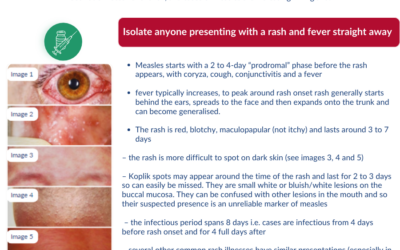Caring for a loved one can be rewarding, but it can also be physically and emotionally draining. As a caregiver, it is essential to prioritise your well-being. In this blog post, we will explore strategies for respite and self-care to help you maintain your health and provide the best care possible for the individuals you support.
Taking Time for Yourself – Respite Care
Caregivers often feel guilty about taking time for themselves, but it is crucial for their well-being and the quality of care they provide. Respite care offers a solution:
Respite care provides temporary relief to caregivers. Other professional caregivers or trusted family members can step in to care for your loved one while you take a break. Whether it is for a few hours or a weekend getaway, respite care allows you to recharge.
Self-Care for Caregivers
Taking care of yourself is not a luxury but a necessity. Here are some self-care strategies:
- Exercise Regularly: Physical activity can reduce stress and boost your mood.
- Prioritise Sleep: Ensure you get enough rest to stay alert and energised.
- Seek Support: Join a caregiver support group to connect with others who understand your challenges.
- Set Boundaries: Do not be afraid to say no and establish limits to avoid burnout.
Addressing Common Questions or Issues
Many caregivers have questions about respite and self-care. Here are some common concerns:
- Will my loved one be comfortable with respite caregivers? Communication and a gradual introduction can ease the transition.
- How can I find respite care providers? Local agencies, online directories, and recommendations from your healthcare provider are great places to start.
- Is it selfish to prioritise self-care? No, taking care of yourself enables you to provide better care and support for your loved one.
For authoritative information on caregiver respite programs and government support, visit the official website of the UK government’s Carer’s Allowance
Supporting caregivers is essential to ensure the well-being of both the caregiver and their loved one. Remember, you cannot pour from an empty cup. Prioritising self-care and considering respite care options are not signs of weakness but signs of strength and dedication to providing the best care possible.
Ready to explore respite care options or need further guidance on self-care? Contact our team today for personalised advice and support.



